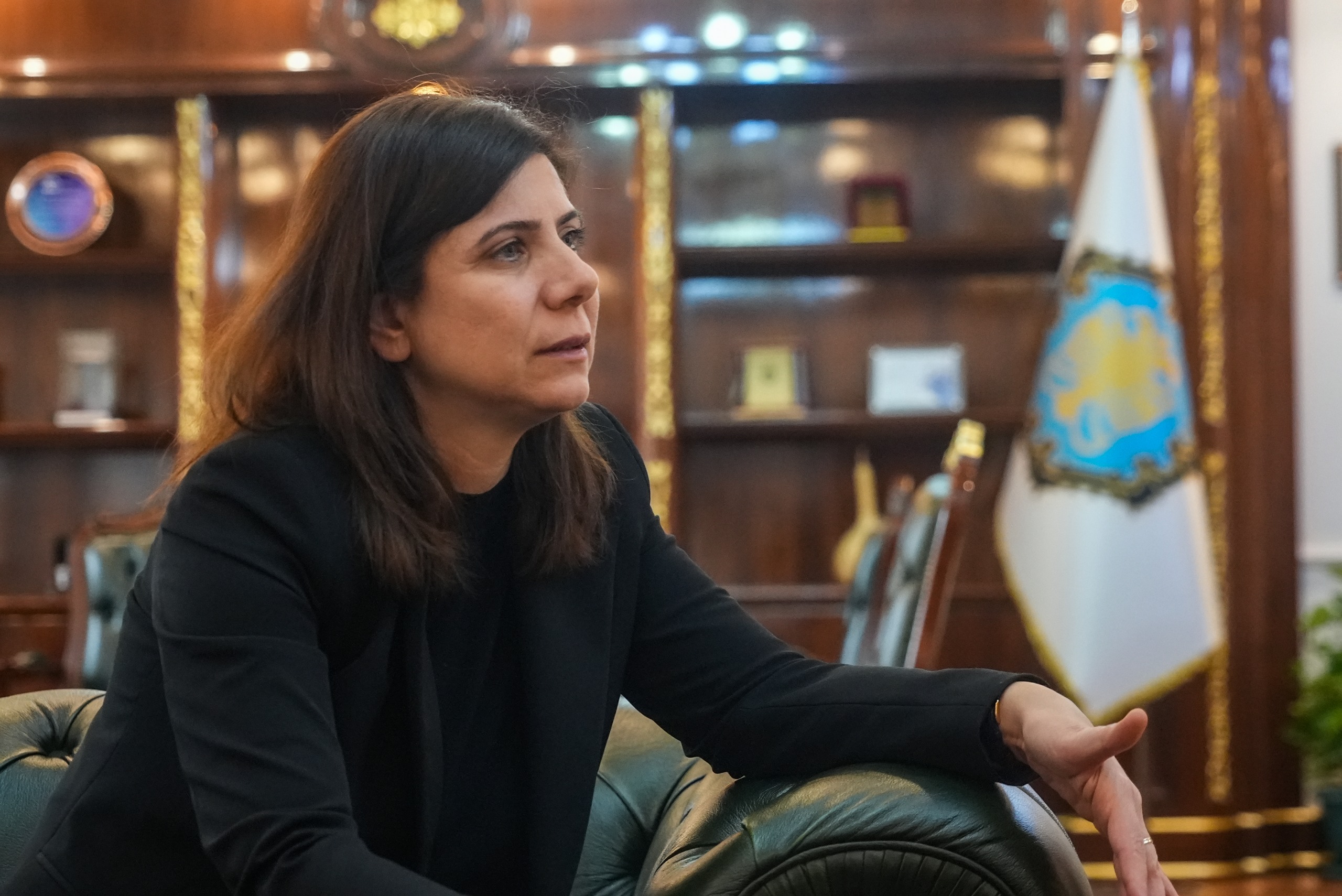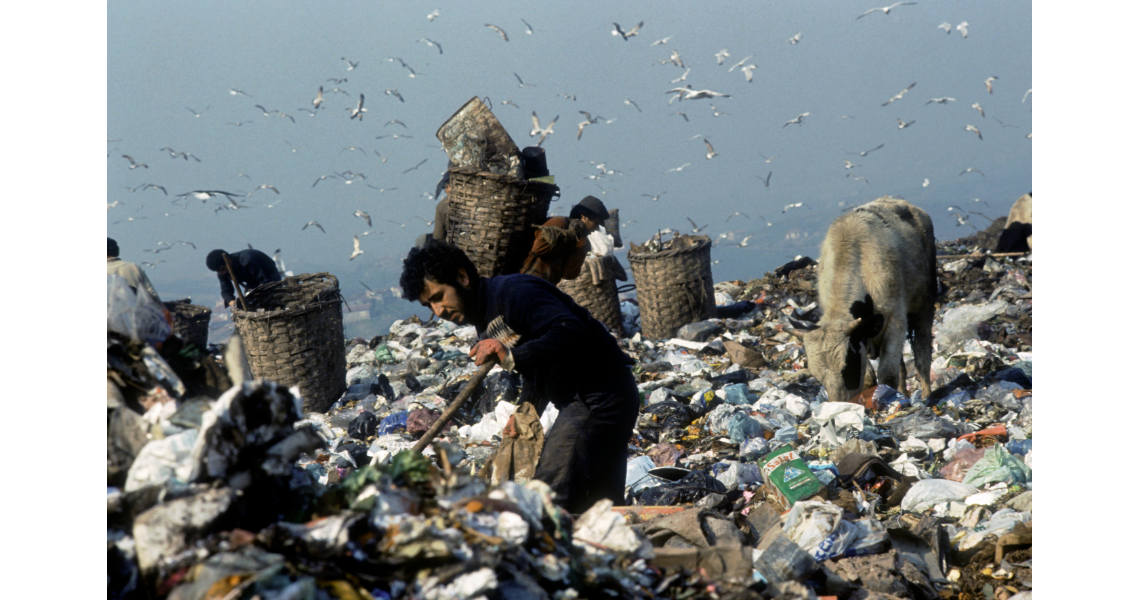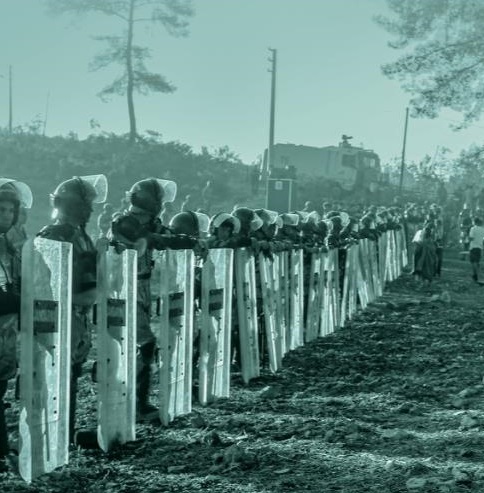The rise of populism and post-truth is a wake up call to humanity and modernity to: (1) Recognize that knowledge production, journalism (and life) are value-loaded, and thus, inherently political, (2) Rethink the relationship between journalism and activism, (3) Realize it is not politics but sweeping politics under the carpet and unchecked human power that are existential threats to journalism, democracy and peace on planet Earth in the 21st century
Vural Özdemir / TORONTO
Is ‘regular’ journalism (really) value-free?
A rich debate is unfolding in the journalism community.* The debate is concerned with how and where ‘real’ journalists can flourish in a time of post-truth and populism, and whether journalism and activism can co-exist.
For example, can trustworthy journalism exist only in mainstream media? What about the freelance, activist or opposition journalists working outside mainstream?
The metaphor of a journalist as a ‘fly on the wall’, a value-free independent observer, lurks beneath the collective subconscious and debates on how trustworthy journalism can be sustained in the 21st century.
But is allegedly ‘non-activist’ mainstream journalism, even in presence of adequate press freedoms, truly untouched by economic and political interests?
There is much to be gained, conceptually and practically, by broadening these debates to history, methodology, and epistemology of knowledge production. Let’s first think about how do we know what we know?
Old habits die hard
Decades of research on knowledge workers such as scientists and journalists have shown that production and communication of knowledge are inherently political (value-loaded) acts and cannot be otherwise. It is impossible to separate the knowledge from the knower and her/his social and political context.
Consider the fundamental journalism practices in documenting evidence such as the 5N (the initials, in Turkish, of the words: what? where? when? how? why?) + 1K (who?). Even the technical task of taking a photograph to answer ‘what’ and ‘where’ is loaded with politics. Which camera angle is used, what is excluded in the picture frame? Also, which news is listed on the first versus the fifth page, and whether a question mark is used in the article title, are all value-loaded political choices.
Yet, the dogma that knowledge is value-free continues to dominate. Old habits die hard.
The current debate on journalism in mainstream versus non-mainstream media has its roots, in part, in the 17th century. The initial leaders of the Enlightenment project (e.g., Francis Bacon) and their disciples have unquestioningly championed the assumption of value-free apolitical knowledge production for the last 400 years.
Everyday life, for that matter, is political. Even a pleasant smile can be political if it is deployed as a commodity to garner social capital and influence.
There is an existential side to this dogma as well. The allure of a linear, value-free reductionist knowledge offers a false sense of control to the homo sapiens over her/his short life, rather than facing off with the messy, discontinuous, fractured and complex nature of human life and history.
Journalism and activism
E.H. Carr aptly noted in 1939, the dawn of the World War II, that "political science is the science not only of what is, but of what ought to be." And so is journalism, especially in a time of global populism, authoritarian governance and post-truth. Ignoring this reality can diminish the much-needed function of journalism as an advocate for accountability in the public space.
Engagement with public and politics does not transform knowledge from an apolitical to a political status. Knowledge is already political.
We also need to discuss what is activism? One definition would be to see the world not only as ‘how things are’ but also ‘how things ought to be’. This means engagement with the public, unearthing the values and power that lurk beneath human actions.
When ‘how things are’ means threats to democracy and universal human rights, or distortion of knowledge by neoliberal extractive frames, activism is a public responsibility and solidarity, towards a sustainable planet and trustworthy record of social history. The ends to which advocacy serves matter.
That is, activism is not lobbying, relativism, or propaganda of stealth causes.
But let’s also bear in mind that fringe media might include not only pro-democratic but also anti-democratic media outlets.
Hence, engagement with politics and activism should start with ‘accountability at home’, by being aware of and making clear our own values for reflexive journalism as knowledge workers.
Rethinking journalism in the 21st century
We should dispose of the misleading metaphor of the journalist as a fly in the wall. Knowledge and its communication are messy. But that is their very nature. The time for insisting that knowledge is apolitical has passed.
The danger is not that knowledge is inherently political but sweeping politics under the carpet. If we do not make politics and power transparent, they remain unaccountable. When we do not address politics of knowledge production, it creates additional uncertainties over and beyond the existential ones such as climate change and planetary health. A new professional literacy in sociology and politics of knowledge production is sorely needed in journalism (and science and medicine) training in the 21st century.
Designation as mainstream or non-mainstream media is not a guarantee for press freedoms or against echo chambers. Trustworthy journalism in a time of populism rests on the extent to which a journalist lays bare the entrenched economic and political interests, has a deep sense of curiosity, is able to read subtext, question authority, and separate material facts from political construction of knowledge in all facets of journalism, from taking a photograph to reporting in the newsroom.
The roadmap to building independent mainstream media often begins from the fringe if press freedoms lack at the center. Moreover, the fringe media is not automatically an echo chamber. Let’s not forget that profiteering and neoliberal short-termism can create airless echo chambers in mainstream media too.
If we want to build independent and ethical journalism in practice, let’s focus on building new professional competencies to distinguish material facts from politics and power that shape the production of knowledge. This is a shared responsibility for both journalists and readers.
Crowdfunding for independent journalism?
Finally, let’s talk about solutions. Trustworthy journalism is for everyone, and accurate historical social record for the next generations. Yet, for journalists and media to be free, they need innovation for economic independence. Crowdfunding is one possibility. That is a topic for another article but imagine this.
If a journalist or media outlet had 100,000 social media followers, and 5% of them donated, regularly, one dollar per month (5 lira), it would result in a monthly income of $5,000. Then, one could write, travel and live independently with dignity, and create innovative forums on future(s) of journalism and itinerant journalists. Also, with non-hierarchical crowdfunding, journalism is less likely to be biased by political interests of a single donor or financial source.
To me, the current journalism debates should not be limited to the topic of activism or mainstream versus non-mainstream media but framed broadly, on how to create innovative collective resources for democracy and solidarity among knowledge workers in the 21st century.
*http://platform24.org/yazarlar/3450/yeniden-ekmek-gibi-ihtiyaca-donusmek
https://www.artigercek.com/yazarlar/mehves-evin/merkez-medyanin-bugune-gelinmesindeki-rolu-neydi
http://www.diken.com.tr/sizi-tekrar-izleyebilecek-miyiz/
http://www.diken.com.tr/kadri-gursel-gazeteci-dava-insani-degildir-hak-mucadelesi-icin-gazetecilik-yapmaz/
https://www.evrensel.net/yazi/82687/cnn-bile-aktivist-olmusken
https://www.gazeteduvar.com.tr/yazarlar/2018/12/03/gazeteciligi-savunmak/Author Biography:
Vural Özdemir is a medical doctor, life scientist, editor and writer on critical governance, politics of innovation and knowledge production, democracy and diversity.





